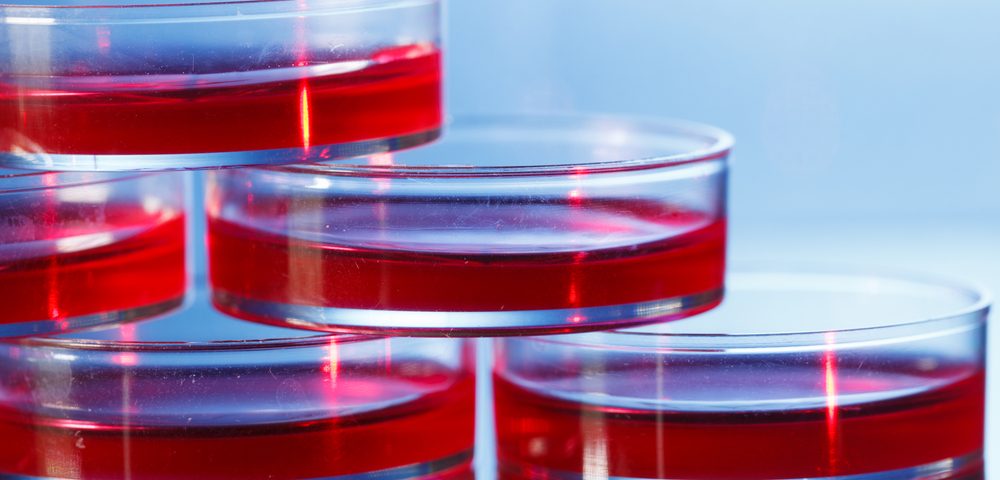Dallas-based Precision Biologics says its new antibody targets tumor cells expressing the NEO-201 neo-antigen, which are present in ovarian and gastrointestinal cancers. The company presented new preclinical data earlier this month at the American Association for Cancer Research (AACR) 2017 Annual Meeting in Washington, D.C.
The findings revealed that the new monoclonal antibody can induce potent immune responses against NEO-201-positive tumor cells, leaving healthy cells unharmed. Data also showed that it works in synergy with NantKwest‘s off-the-shelf natural killer cells.
Kristen Zeligs, MD, of the Walter Reed National Military Medical Center in Bethesda, Md., presented the abstract, “Preclinical characterization of a novel monoclonal antibody targeting a neo-antigen expressed in ovarian and GI malignancies,” on April 3.
“Precision Biologics continues to make progress with our preclinical and clinical programs,” the company’s president and CEO, Philip M. Arlen, said in a press release. “As this study demonstrates, our novel, humanized IgG1 monoclonal antibody, NEO-201, specifically targets a neoantigen expressed on a broad range of solid tumors. Tumor cell killing, antibody-dependent, cell-mediated cytotoxicity (ADCC), was significantly enhanced when NEO-201 was combined with an allogenic source of natural killer cells provided by NantKwest.”
As a result of high mutational load, cancer cells offer exhibit proteins with different sequence or conformation that can be recognized by the immune system as harmful. In scientific language, these proteins are usually called neo-antigens.
Precision Biologics has developed a novel antibody targeting the neo-antigen NEO-201, commonly found in ovarian and cancers from the gastrointestinal tract. Data presented at the meeting revealed that one out of five ovarian cancer cells lines, one out of two colorectal cancer cell lines, and two out of two pancreatic cancer cell lines test positive for NEO-201. This suggests that a large proportion of patients could benefit from this treatment.
The company also says its antibody can induce strong immune responses against these NEO-201 positive cells, without harming NEO-201 negative cell lines.
But the researchers found that NEO-201 alone was not as powerful in killing cancer cells as when it was combined with natural killer (NK) cells isolated from donors or with NantKwest’s off-the-shelf NK cell therapy.
“These results highlight the potential to synergistically improve the response of antibody therapy when used in combination with NantKwest’s off-the-shelf natural killer cells.” said Patrick Soon-Shiong, MD, chairman and CEO of Los Angeles-based NantCell. “Neoantigen targeting is an attractive, emerging therapeutic approach to next generation cancer care and NEO-201, with specificity to tumor tissues and not normal tissues, offers the potential to further improve response rates and look to transitioning this NEO-201/NK cell combination into human clinical trials targeting ovarian, GI and other cancer types as quickly as possible.”
Natural killer cells, the body’s first line of defense, have the innate ability to rapidly seek and destroy abnormal cells, like cancer cells, without requiring prior exposure or activation by support molecules.
NantKwest’s therapy contains high-affinity activated NK (haNK) cells that release toxic granules directly into cancer cells through cell-to-cell contact to induce apoptosis (cell death). The treatment is designed to be administered in an outpatient facility.

